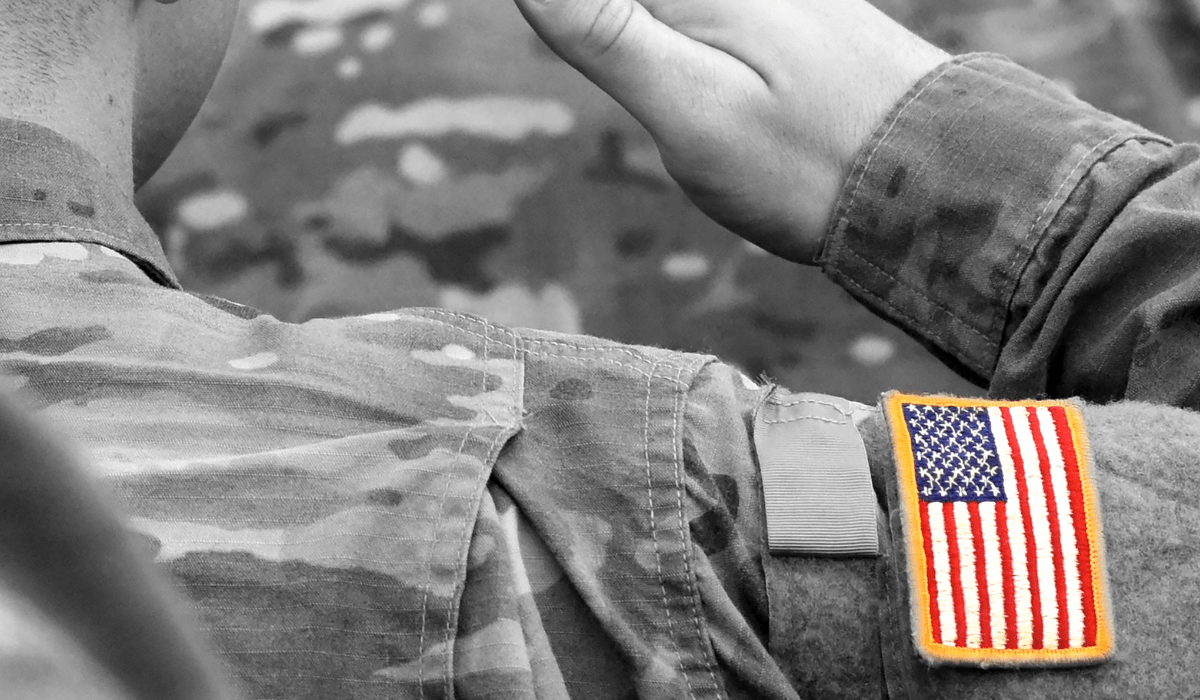
This is the latest information being put out by the Air Force Drug Testing Lab regarding testing for Spice.
A MESSAGE FOR THE CORPS
Spice Testing Update
Synthetic cannabinoids, often referred to as “spice,” are a large family of man-made synthetic compounds that are chemically produced to mimic the biological effects of the active ingredient in marijuana. Spice is produced in labs with no regulatory oversight, and for that reason, spice products vary in levels of one or more active ingredients from product to product and even batch to batch within the same product line. The health consequences of use include hallucinations, rapid heart rate, paranoia, agitation and vomiting and may involve long-term health consequences.
Air Force commanders have the ability to submit urine specimens from active duty Airmen for spice testing but have to specifically request this testing. Specimens collected pursuant to a command-directed urinalysis or collected as part of a unit, dorm or gate sweep are tested at either NMS Labs or the Air Force Drug Testing Lab (AFDTL). Currently, NMS Labs can test for metabolites from five spice compounds. In FY 11, the Air Force forwarded 1,032 specimens to NMS Labs for testing with 23 resulting positives. As of 11 Jun 12, the AFDTL had only sent 3,978 FY 12 specimens to NMS Labs out of a total of 8,700 specimens under contract. Of the FY 12 specimens sent to NMS Labs, 38 have tested positive. Commanders and law enforcement personnel across the Air Force have been using these positive results to develop investigations against Airmen which often provide corroborating information and lead to identification of additional offenders. However, this powerful deterrent capability is still being underutilized as the number of samples being sent to the AFDTL is well below the contracted capacity. If your base has not yet conducted a unit or dorm sweep for spice or has not conducted one this year, please share this capability with your commanders.
On 15 Mar 12, the AFDTL ran its first official specimen through its own spice testing protocol. As of 11 Jun 12, the AFDTL had tested 334 samples in-house with four positive results. Currently, the AFDTL tests specimens for metabolites for two spice compounds. The AFDTL’s goal is to ramp up its in-house testing capabilities to replace the need for the NMS Labs contract.
Specimens collected as part of an open law enforcement investigation, pursuant to probable cause or consent, are sent to the Armed Forces Medical Examiner System (AFMES) Division of Forensic Toxicology for testing. AFMES tests specimens for metabolites for two spice compounds.
Because of the possibility of a common metabolite among some spice compounds and the rapid advances in forensic science and the law in this area, it is important that base legal offices contact JAJG for guidance on charging any case involving a positive urinalysis result for spice, especially if considering a charge under Article 112a. Limitations still exist on actions under the UCMJ and adverse administrative action based on a spice urinalysis result without corroborating evidence; however, a positive result should trigger an investigation and could potentially develop corroborating evidence. The efforts put in place to deter spice use is likely to provide a model for how we deal with subsequent rounds of synthetic drug threats, such as synthetic cathinones (“bath salts”).
Defending Service Members Globally
Wherever Duty Calls, Our Defense Follows




